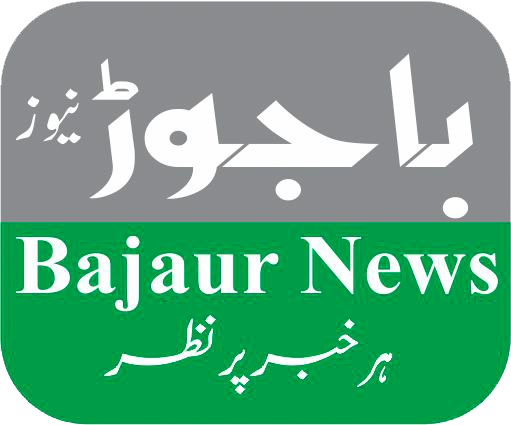Dr Ikramullah
Planning Officer, District Administration, Bajaur
Our everyday lives now heavily depend on social media forums like Facebook, Twitter, LinkedIn, TikTok etc. These forums provide social networks, awareness, information and educational opportunities, but there is a darker side to their use, especially for those who lives in Tribal belt of Khyber Pakhtunkhwa, which frequently goes unreported and has negative effects. According to the report of Datareportal.com Pakistan was home to 71.70 million social media users in January 2024, comparing to 29.5 percent of the total population. Early in 2024, there were 188.9 million active mobile phone connections in Pakistan, which is equal to 77.8% of the country’s total population. The author of this article is a regular user of social media, and this write up is based on the observations and analysis of user contents loaded on social media. The author wants to promote the creative use of social media rather than discourage people from using it, since social media is a necessity in today’s life.
It is common to see users presenting themselves as experts and intellectuals on various topics, from economics to social issues and even as sports expert, without substantial knowledge or understanding of these fields. They imposed their opinion as final and those who oppose with their opinion, often create hatful debate. Such scenario can lead to the spread of misinformation and superficial understanding of complex topics and often results in a flood of poorly informed contents that weakens meaningful dialogues and often discourage those who are really experts. Social media algorithms automatically support such contents by creating echo chambers where users only encounter information that aligns with their views, which further entrenching their perceived expertise and pseudo-intellectualism.
Many users post pictures of meals, vacations, and new purchases to create a perception of a privileged lifestyle. This can create a false image of prosperity that does not reflect reality. Showing a luxurious lifestyle on social media creates a sense of desire in the less privileged people, especially the young lot, which then wants to fulfill these desires through any means. This can lead them to criminal activities like snatching, theft, and stealing home accessories. Such displays can aggravate feelings of inadequacy and highlight socioeconomic disparities, particularly among those who may not have the means to match these portrayals, besides sharing such contents on social media can create stress and anxiety for individual himself too, because of the pressure to maintain a facade, this happens when they compare their real identity to the fake image he has created online.
Another trend is the rise of users turning into self-proclaimed social workers. Many sharing pictures of ill or impoverished individuals, asking donations for their recovery or other needs. This trend seems to be spreading like wildfire, where everyone trying to become a social worker and humanist. This motivation often appears to be a desire for fame and a positive image in society. In many cases, these self-proclaimed social workers or humanist do not contribute personally. Instead, they use the donations of others to build their social reputation, without having donated a penny themselves, besides this also makes the donors exhausted and then they hesitant to donate even in genuine cases.
Many users share jokes and memes that include bad language about others, especially when they belong to different schools of thought. Everyone makes mistakes when writing or speaking, but when someone does something wrong, other users don’t hesitate to point it out and offer criticism. This nurturing culture of disrespect. Sharing odd and other explicit content on a regular basis also becomes problematic. In addition to degrading social media platforms as a whole, this behavior makes social media uncomfortable or inappropriate for users who respect decency and respect.
Another burning and the most alarming issue on social media is the use of hateful language against political opponents, religious leaders, and other respected elders. This not only divides people but also undermines the dignity and respect these figures deserve. Such rhetoric creates animosity among their followers and also damages the reputation of these individuals. It can further escalate the tensions and disagreements within communities and groups, making it harder to have meaningful conversations and find common ground for development and settlement of other social issues.
Conclusively, we are war-affected people facing many hardships, it would be more beneficial to focus on local issues. Discussing how resources should be utilized, how local conflicts can be avoided, how to engage youth in curricular activities, what steps need to be taken to curtail the waves of terrorism, and how local tourism can be promoted etc could lead to more productive and relevant conversations.
Social media has many advantages, but user abuse exposes serious disadvantages as well. Pseudo-intellectualism, oversharing, privileged representation, performative social work, inappropriate and humorous contents promotion, hate speech directed at opponents, and wide ranging conversations that result in arguments can all have a negative effect on one’s mental well-being and genuine social interactions. Users must be aware of these concerns and work towards using social media in a more responsible and balanced manner, emphasizing real connections and insightful contents
